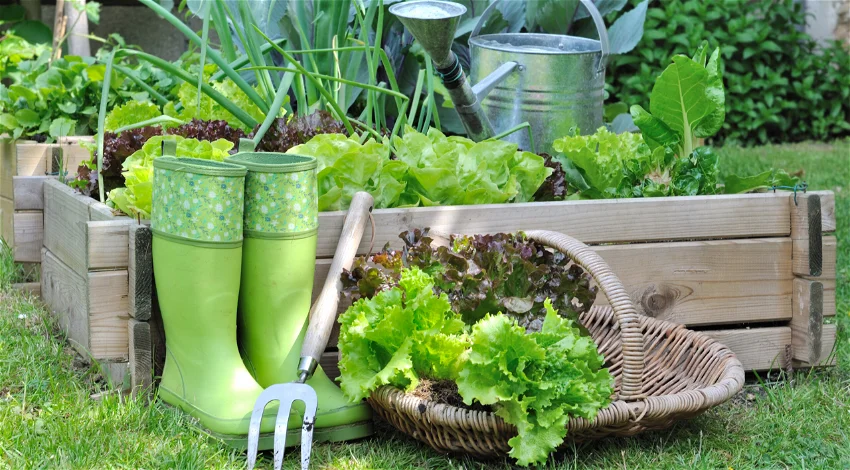Scientists have recommended that eco-friendly gardeners should be given a cut in their council tax, as research shows that cities may have lost as much as 50% of their green garden space over the past two decades.
Reports show that Paving over gardens and using plastic grass has become a trend in recent years, which contributes to rising urban temperatures and biodiversity decline.
Now, research from the University of Sheffield has suggested that policymakers should offer incentives such as council tax or water bill discounts to encourage gardeners to use environmentally sensitive techniques to help combat climate breakdown and boost communities’ health and wellbeing.
Prof Ross Cameron, the author of the paper published in the journal Urban Forestry and Urban Greening said that financial incentives should be given to gardeners who ensure the area around their home is well-stocked with plants.
Read also: World to experience record temperatures in 2023 as El Nino returns
Cameron, an expert in landscape horticulture at the University of Sheffield and said that gardens account for a third of all our urban areas and are vital spaces in terms of keeping our buildings and city environments cool in summer, absorbing rain to avoid flash flooding and providing an important refuge for wildlife.
“Gardens need to be green and full of plants to be beneficial to the local environment, and some types of garden are more beneficial than others,”he said. “The paradox is that many gardens are not actually green and some trends in garden design can be very damaging for the urban environment. We have paved them over to house the car, or provide sterile patio space; factors that increase urban temperatures and increase flooding risk.”
Among other things, the study recommends that rewards for sustainable gardening could include reductions to council taxes, water bills or assistance with resources. Cameron suggested offering these payments or discounts to house owners with more than 50% of their garden space planted.
The report also suggests that banning environmentally damaging materials such as pesticides, or practices such as installing astroturf, could also benefit the environment.
Story was adapted from the Guardian.
